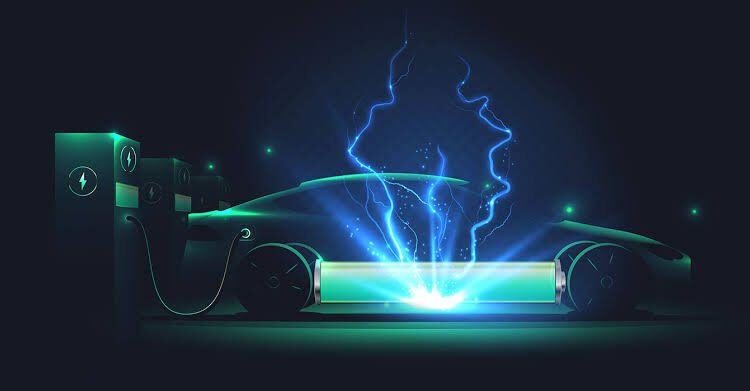
Image source credit: Google
Thank you for reading this post, don't forget to subscribe!Table of Contents
Introduction:
Presently, the automobile industry is on the verge of a transformative era, with advancements in technology and diversified demands for modes of transportation, prioritizing the concept of sustainable development and shaping the future of the automobile industry.
A Brief History:
The development of automobiles started after the invention of the steam engine. In the 19th century development of internal combustion engines started. It was Carl Benz, in 1886 produced the first gasoline-powered modern car that was practical for daily usage and appropriate for marketing. Later Ford Motor Company joined the sector by producing the Ford Model T which was the first mass-production automobile produced on an assembly line.
The Evolution: from conventional to a diversified mechanism.
Mostly, the vehicle at present times runs mainly on fuels like petrol or benzine and diesel or gasoline. With increased concerns for the environmental effect, the exponential rise in the price of fuels and the development of EVs and alternate fuels along with societal shifts has brought an evolution in the technology and dynamics of automobiles. Let’s dive deep into the upcoming trends of the operatives that can keep the wheels moving for the industry.
1. Electric vehicles (EVs):
EVs are sustainable alternatives to conventional combustion engines. Vehicle that runs on electric motors can be more efficient with the development of battery technologies which include speedy charging and extended range of the vehicle to maintain its practicality.
It has the potential to capture the market at the highest rate in the future if manufacturers can meet the above-mentioned points along with a robust widespread charging infrastructure.
2. Alternative Fuels:
An increase in the use of alternate fuels can result in sustainable energy resources. Bio-fuels, compressed natural gas (CNG), use of hybrid engines with ethanol can reduce environmental damage and change the future of automobiles. Very soon there will be seen reduction in the use of conventional fuels.
3. Autonomous Driving:
The advancement of AI and machine learning with efficient sensors has allowed manufacturers to develop vehicles that can run on their own. In developed countries, these vehicles have grabbed the attention of people and can be seen on the roads. These cars have their own merits and demerits regarding the safety of the vehicles which is itself self-explanatory but with time if programmed with utter care will create a whole new experience of the journey and change the driving dynamics of a vehicle.
4. Connected Car Technology:
This technology can be seen in premium cars globally, allowing passengers and drivers to connect with nearby showrooms and workshops with the help of IoT (Internet of Things). This helps in increased safety and provides a better driving experience.
5. Shared Mobility through Apps:
From times when public transport came into existence, increased the ease of travel. But previously one had to go to a particular spot to get a ride in this era with evolved technologies in shared mobility service platforms one can book a vehicle at own particular point of interest and the drivers shows up within the speculated time interval thus changing the comfort of travel.
6. Design and Material :
The design and materials of the vehicles have changed drastically from the beginning.
In early times when the vehicles used to be too heavy and boxy in the present time the manufacturers tried to make the design aerodynamic with lightweight materials as a consequence of these changes the vehicles yield more speed offering better mileage.
Conclusion:
The future of automobiles is in progress and through constant innovation by incorporating new technologies, embracing the changes in the mechanisms can result in a complete transformation of vehicles on the road, backed with a commitment to a safer, more efficient, and environmentally friendly future. For this amalgamation of technology with sustainability is necessary and will play a vital role in the evolution of automobiles.
- FASTag KYC update: Updation of KYC for FASTag before 31st January; Step-by-step Process:
- Tejas vs. Thunder: China’s “Wrestles,” JF-17 With a fighter deal with Nigeria, India’s LCA Tejas is fully engaged in backchannel diplomacy.
- Real Madrid Victory: At Las Palmas, Aurelian Tchouameni gives Real Madrid a late victory.
- Bharat Ratna: Must-know Facts and Important FAQs on the Bharat Ratna Award
- Klopp is leaving Liverpool at the end of the season
